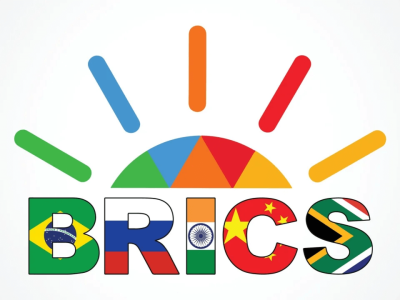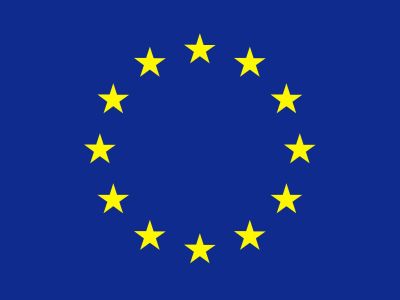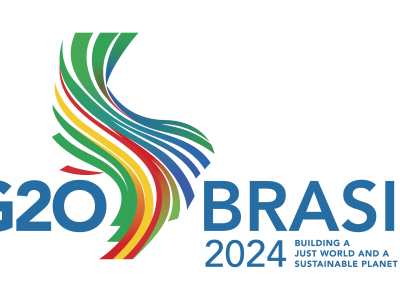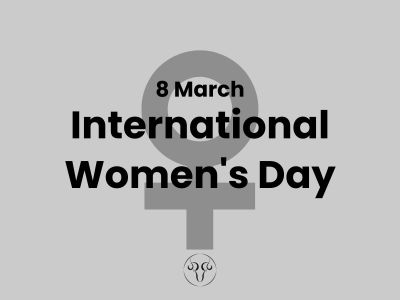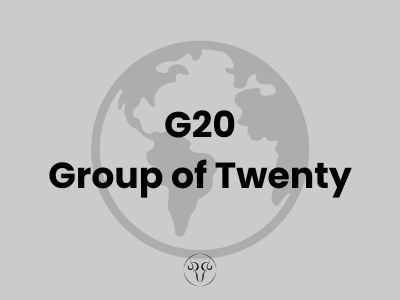African Union - AU
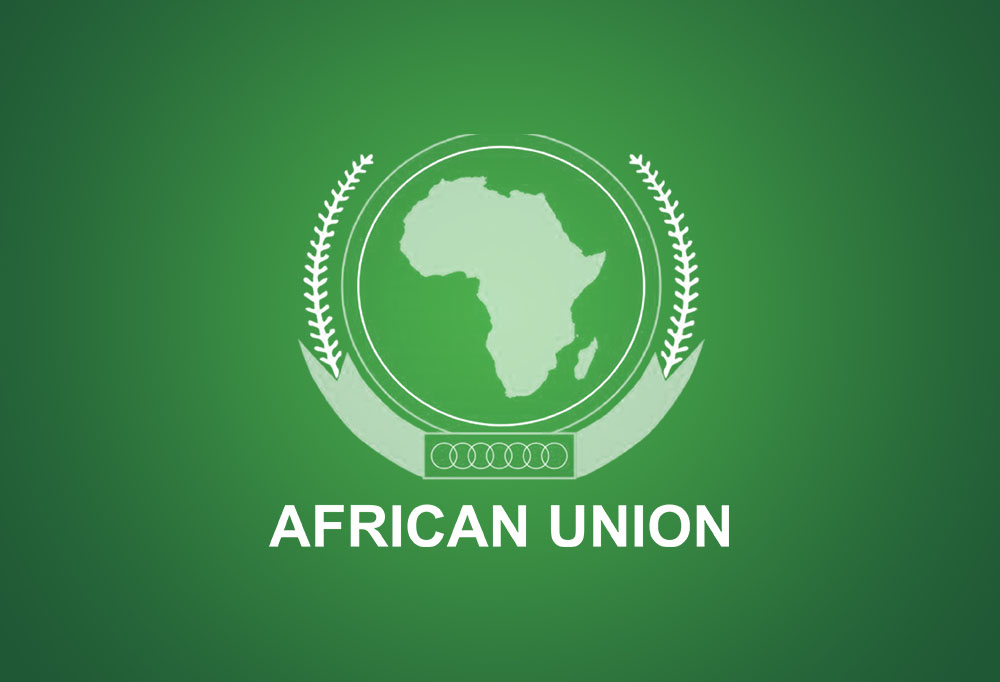
The African Union (AU) is a continental organization bringing together all 55 member states of Africa. Formed in 2002, it succeeded the Organization of African Unity (OAU), established in 1963. The AU's central goal is to achieve greater unity and solidarity among African nations and its people. This is pursued through various initiatives promoting political and economic development across the continent.
This first part of a three-part series will explore the origins, founding principles, and core objectives of the African Union.
From OAU to AU: A Call for Stronger Unity
The OAU played a critical role in the post-colonial era, advocating for decolonization and fighting against apartheid in South Africa. However, by the late 20th century, a call emerged for a more robust continental organization. The AU addressed this need by establishing a framework for closer political and economic integration among African states.
The Pillars of the African Union
The AU rests on several key principles outlined in its founding document, the Constitutive Act:
Unity and Solidarity: The AU emphasizes the importance of a united African voice on the global stage and promotes cooperation between member states.
Good Governance and Human Rights: The AU advocates for democratic governance, respect for human rights, and the rule of law across Africa.
Sustainable Development: The AU prioritizes economic development that improves the lives of African citizens while safeguarding the environment.
Peaceful Resolution of Conflicts: The AU works to prevent and resolve conflicts within Africa through mediation and peacekeeping missions.
The Architecture of the African Union
The AU is a complex organization with various organs playing distinct roles. Here's a breakdown of some key institutions:
The Assembly of the African Union: The supreme decision-making body, consisting of all heads of state or government from member states. It meets twice a year to set strategic direction and make critical pronouncements.
The Executive Council: Composed of Ministers of Foreign Affairs from member states. It implements decisions made by the Assembly and oversees the day-to-day functioning of the AU.
The African Union Commission: The permanent secretariat of the AU, responsible for driving its programs and initiatives. It's headed by a chairperson and staffed by experts across various African nations.
The Peace and Security Council (PSC): A specialized organ dedicated to preventing, managing, and resolving conflicts within Africa. It authorizes peacekeeping missions and plays a crucial role in promoting regional stability.
Specialized Technical Committees (STCs): Committees of experts focusing on specific sectors like trade, health, and agriculture. They provide technical advice and propose policies to the Assembly and Executive Council.
The Pan-African Parliament (PAP): A continental legislative body representing African citizens. Though with limited legislative power currently, the PAP serves as a platform for citizen engagement and debate on continental issues.
This intricate institutional framework allows the AU to address a wide range of challenges and opportunities facing Africa.
African Union: Record of Achievement
The AU has made significant strides in several areas:
Peace and Security: The AU has deployed peacekeeping missions to various conflict zones in Africa, contributing to stability and protecting civilians.
Economic Integration: The launch of the African Continental Free Trade Area (AfCFTA) in 2021 aims to boost intra-African trade and create a continental market.
Health and Development: AU initiatives have addressed public health challenges like HIV/AIDS and malaria, leading to improved health outcomes.
Democracy and Governance: The AU promotes democratic elections and good governance practices across member states.
Ongoing Challenges for African Union
Despite its achievements, the African Union(AU) faces several hurdles:
Limited Resources: The AU often relies on external funding, which can restrict its autonomy and effectiveness.
Internal Conflicts: Ongoing conflicts in some member states continue to destabilize the region and hinder progress
Poverty and Inequality: Widespread poverty and income inequality remain major obstacles to sustainable development.
Democratic Deficits: Democratic backsliding in some countries presents a challenge to the AU's pursuit of good governance.
African Union: Road Ahead
The AU's success hinges on its ability to address these challenges. Here are some key areas for focus:
Increased Financial Self-Sufficiency: The AU needs to diversify its funding sources and become less reliant on external aid.
Conflict Resolution and Prevention: Effective conflict resolution mechanisms and promoting peaceful solutions are crucial.
Investing in People: Prioritizing education, healthcare, and job creation is essential for long-term development.
Strengthening Democratic Institutions: Supporting free and fair elections and upholding human rights remain vital.
The journey towards a united and prosperous Africa is ongoing. The AU, with its evolving role and ongoing efforts, serves as a critical player in shaping the continent's future.


